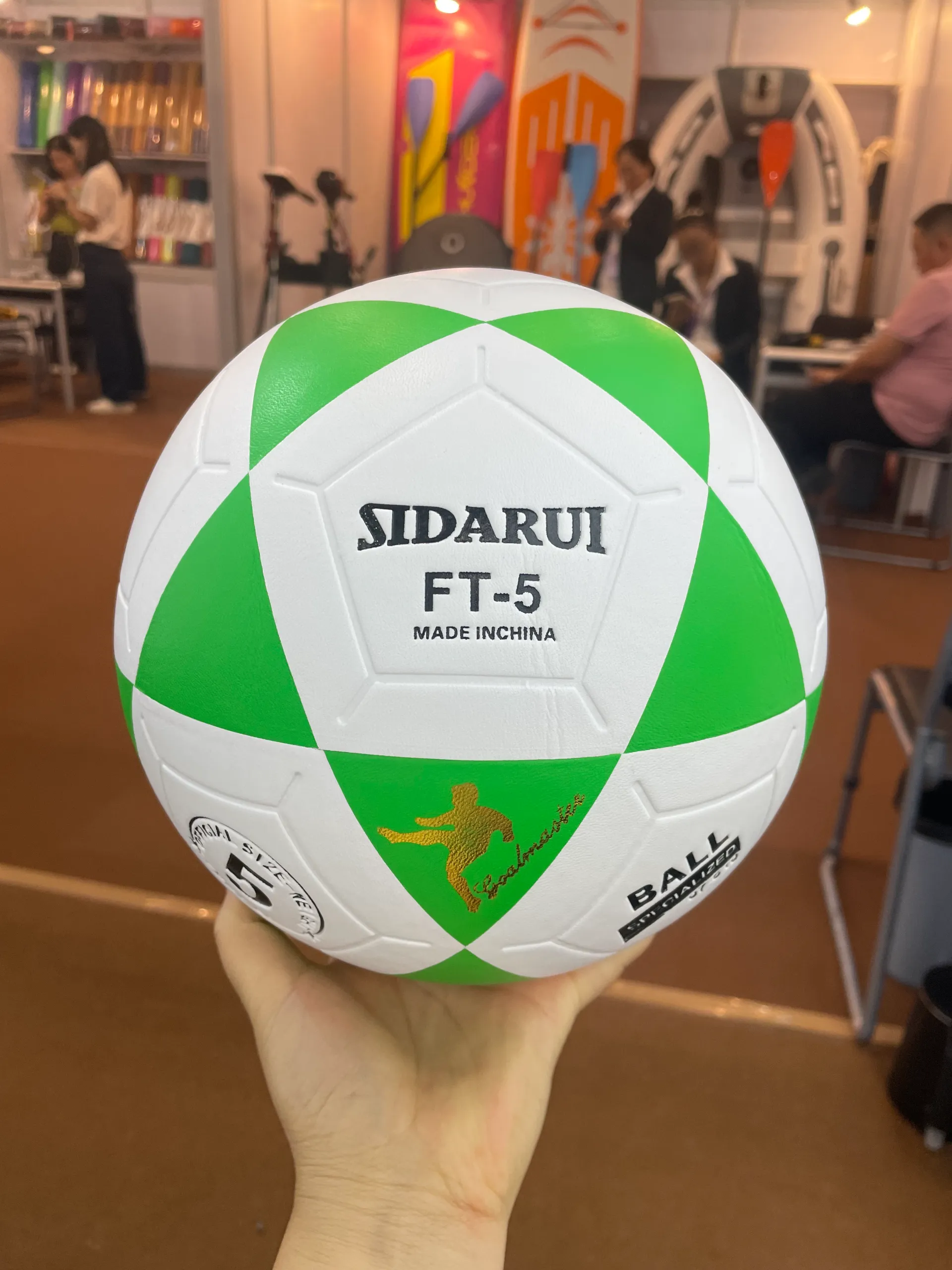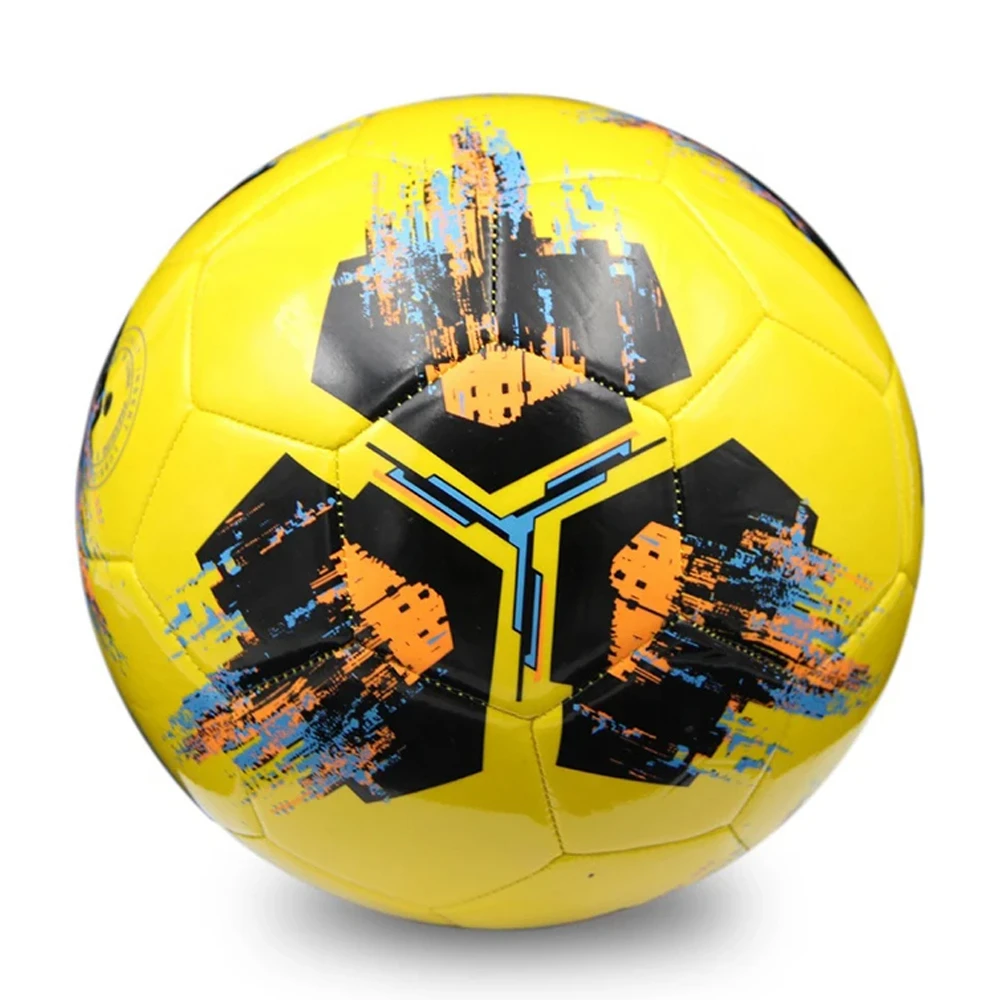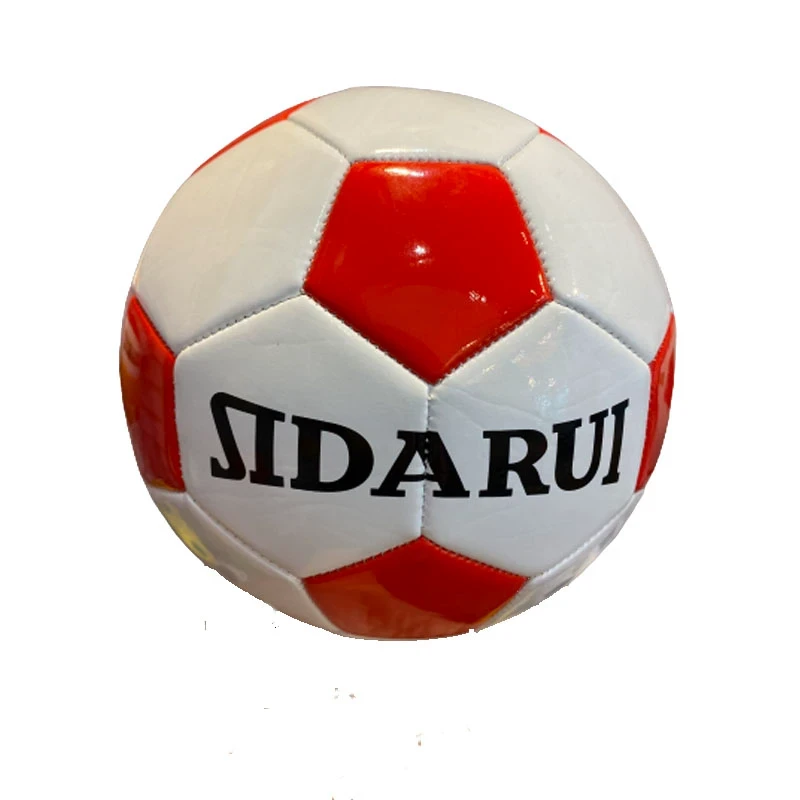Purchasing volleyball balls in bulk offers numerous advantages for schools, sports clubs, and large events, providing cost-effectiveness, consistency, and guaranteed availability. This approach not only supports logistical efficiency but also ensures that users receive standardized quality across the board. In today’s competitive market, understanding the nuances of buying in bulk can significantly influence operational success and user satisfaction.

When looking to invest in volleyball balls on a large scale, it’s important to consider the quality and durability of the balls. High-quality volleyballs are made from superior materials that withstand the rigors of regular use and demonstrate excellent performance characteristics. Professional-grade balls typically feature a durable outer covering and a well-engineered interior, designed to provide optimal bounce and grip. For clubs or schools focusing on training, investing in high-grade balls can result in a more authentic playing experience and foster skill development.
One of the most compelling reasons for purchasing in bulk is cost savings. Typically,
buying volleyball balls in large quantities attracts significant discounts from suppliers. This allows organizations to allocate their budgets more efficiently, potentially freeing up funds for other essential needs, such as facilities maintenance or coaching resources. By aligning purchases with annual budget planning, institutions can maximize their financial leverage over the fiscal year.

Consistency in quality and characteristics is another key advantage when buying volleyball balls in bulk. Ensuring all the volleyballs are from the same batch helps maintain uniformity in performance during gameplay or practice. This is particularly crucial in training environments, where discrepancies in ball performance can affect skill acquisition and player confidence. Uniformity in equipment also reduces the likelihood of disputes over equipment fairness in competitive scenarios, promoting smoother operation and keeping the focus on the game.
From a logistical standpoint, bulk purchasing streamlines stock management processes. Schools and clubs frequently need to monitor and replenish their inventory, which can become cumbersome with disparate suppliers or inconsistent restocking schedules. By purchasing in bulk, institutions can maintain a consistent stock that reduces the administrative burden of frequent ordering, as well as the risk of running out of necessary equipment during busy periods.
volleyball balls in bulk
Authoritative suppliers in this niche offer bulk purchasing options tailored to the specific needs of different organizations. Their expertise not only lies in product quality but extends to customer support and satisfaction. Engaging with reputable suppliers who have a track record in catering to educational and sports institutions ensures reliability, timely delivery, and access to the latest product innovations. These relationships foster trust and create a dependable supply chain that benefits both the supplier and the buyer.
The reliability of supply is instrumental for large events such as tournaments or leagues. Preemptively securing volleyball balls in adequate quantity guarantees that organizers are not caught off guard by last-minute shortages, which could compromise the smooth operation of the event. Additionally, suppliers with event experience often offer consultation services to help plan inventory needs, further reinforcing successful execution.
Investing in equipment that meets official standards is also crucial. Volleyballs for professional or school-level competition must adhere to specific regulations set forth by sporting bodies such as the International Volleyball Federation (FIVB) or national associations. Ensuring compliance not only heightens the game's professionalism but also serves as a training ground for participants aspiring to compete at higher levels. Bulk suppliers often provide certification details to ensure the products meet these regulatory requirements.
Ultimately, the decision to purchase volleyball balls in bulk should be informed by a balance of quality, budget constraints, and supplier reliability. Institutions that capitalize on this purchasing strategy can concentrate on enhancing player experiences and achieving competitive success, rather than being bogged down by equipment logistics. This systematic approach underlines a commitment to excellence in sports management and education.













